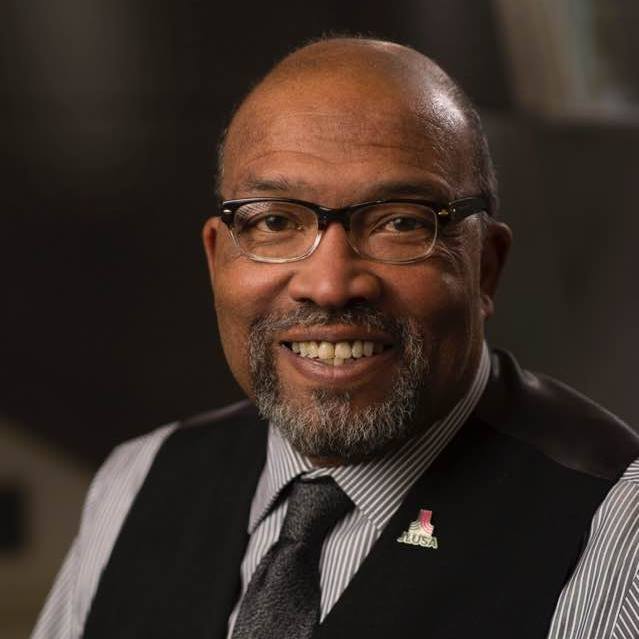WASHINGTON – Howard University Associate Professor, Rev. Harold Trulear, Ph.D., was recently appointed as a board member for the District of Columbia Public Defender Service, effective immediately through 2023. This is his first term as a board member, but not his first run at leadership in the fight for criminal justice reform. The board that oversees the public defender's service is made up of a mixture of community residents and attorneys who have a real interest in seeing justice reform.
 “I’m ready to serve in this role, as [this work] has been part of my portfolio for the last 30 years,” says Trulear.
“I’m ready to serve in this role, as [this work] has been part of my portfolio for the last 30 years,” says Trulear.
He will be working with the public defender service in Washington, D.C., which “has a very robust commitment to not only properly representing those who cannot afford legal counsel, but also towards the types of systemic change that makes the law work for those who have limited resources.”
Trulear has served as associate professor of Applied Theology at Howard University School of Divinity since 2003. He currently teaches Prophetic Ministry, Ethics and Politics, Ministry and Criminal Justice, and Church and Community Studies. He has lectured for university, church and professional organizations across the country, and is the author of more than 100 articles, book chapters, essays and published sermons. His important monographs include, "Faith Based Initiatives with High Risk Youth," "The African American Church and Welfare Reform," and "George Kelsey: Unsung Hero."
He recently launched a seminar, titled "Theology and Racialized Policing," during the 2019-2020 academic year. Forty local leaders were in the cohort learning best practices in clergy self-care that results in effective ministry practice, and the church's role in criminal justice reform as organizing content for effective ministry. Hosted by the Howard University School of Divinity, the program examined police practices as an extension of state policy against people of color as the primary, but not sole, venue in need of reform and how to mobilize congregations in such reforms.
“Our goal was to mobilize faith leaders, both senior pastors and millennial faith leaders, to be engaged in police reform,” said Trulear. “We looked at ways to reimagine the criminal justice system in general, the role of the church in criminal justice reform, and police reform as a specific dimension of it.”
Trulear was once incarcerated, and it has impacted his entire career. He has taken on the role of leadership and advancing the education of himself and others, to making sure that those who are formerly incarcerated, and have re-entry support, and those who have been justice-involved are as also in the conversation. He directs a national research and demonstration project called Healing Communities which mobilizes congregations to support those returning from incarceration through the establishment of family and social support networks. He is also a leadership member with Just Leadership USA, where he is committed to reducing the prison population by 50 percent by 2030. In this role, he’s been involved with campaigning to close Rikers Island, and successfully closing the Philadelphia House of Corrections.
“For me, a seat at the table gives me the opportunity to have input on what the moral imperatives are for justice and what that looks like in the real world. Washington, D.C. is an interesting city in that with the majority Black population it has today, and the history or Black leadership, we still have disproportionate numbers of people of color in our criminal justice system.”
“I see my role as faith leader on this board as the one that provides a moral compass and how we figure out what we do in the public defender’s office.”
# # #
About Howard University
Founded in 1867, Howard University is a private, research university that is comprised of 13 schools and colleges. Students pursue studies in more than 120 areas leading to undergraduate, graduate and professional degrees. The University operates with a commitment to Excellence in Truth and Service and has produced one Schwarzman Scholar, three Marshall Scholars, four Rhodes Scholars, 11 Truman Scholars, 25 Pickering Fellows and more than 165 Fulbright recipients. Howard also produces more on-campus African-American Ph.D. recipients than any other university in the United States. For more information on Howard University, visit www.howard.edu.
Media Contact: Imani Pope-Johns, imani.popejohns@howard.edu




